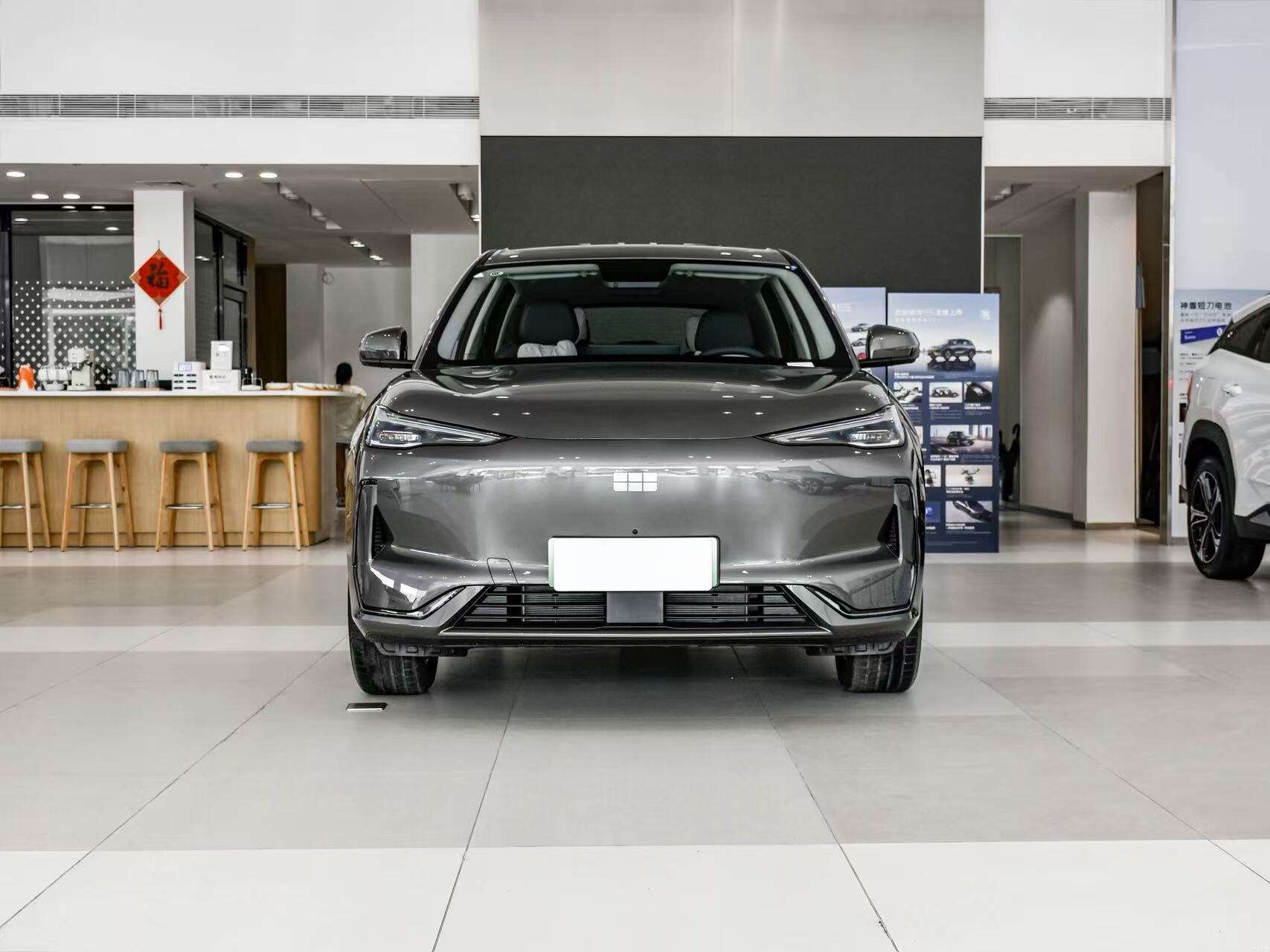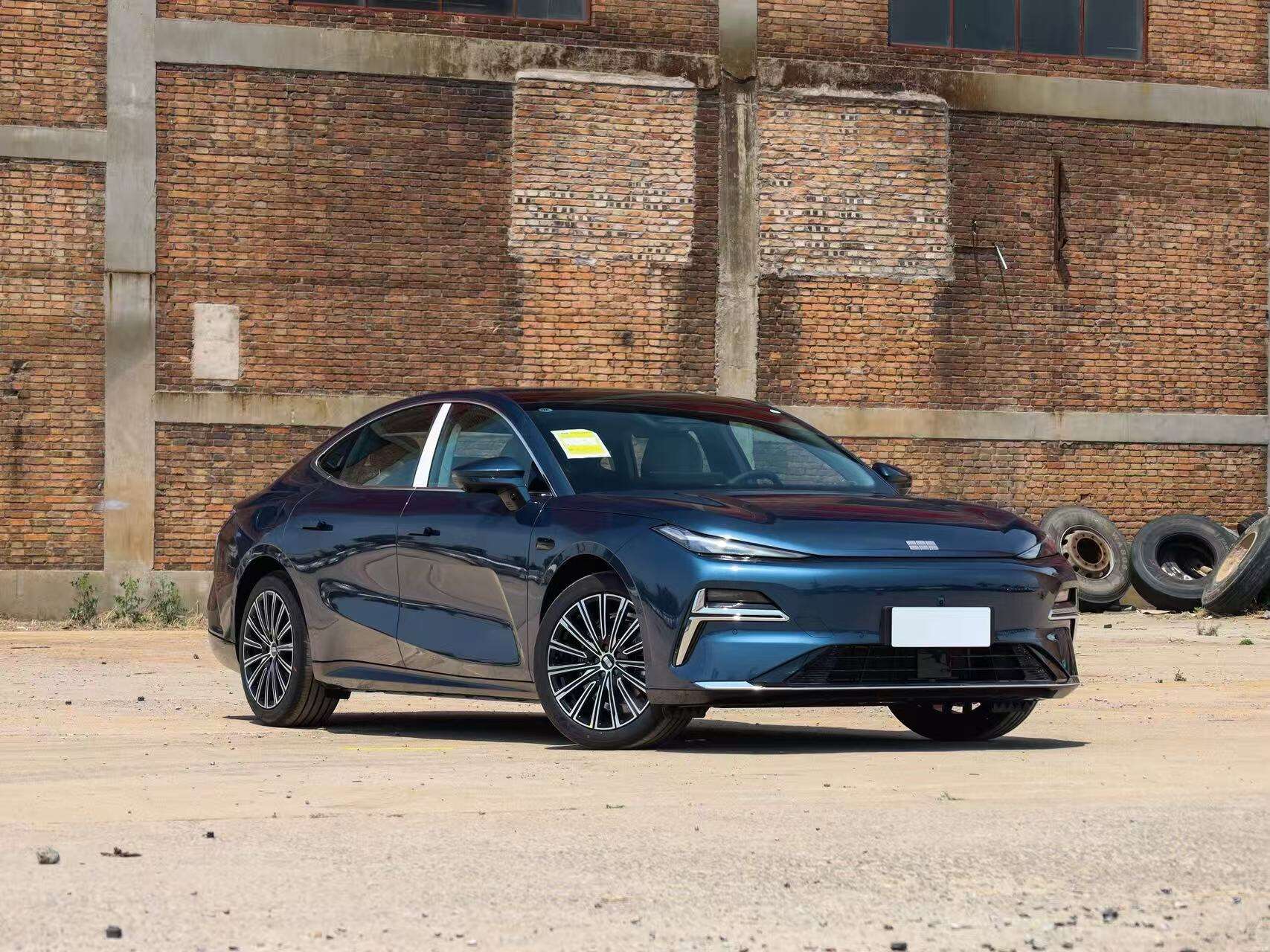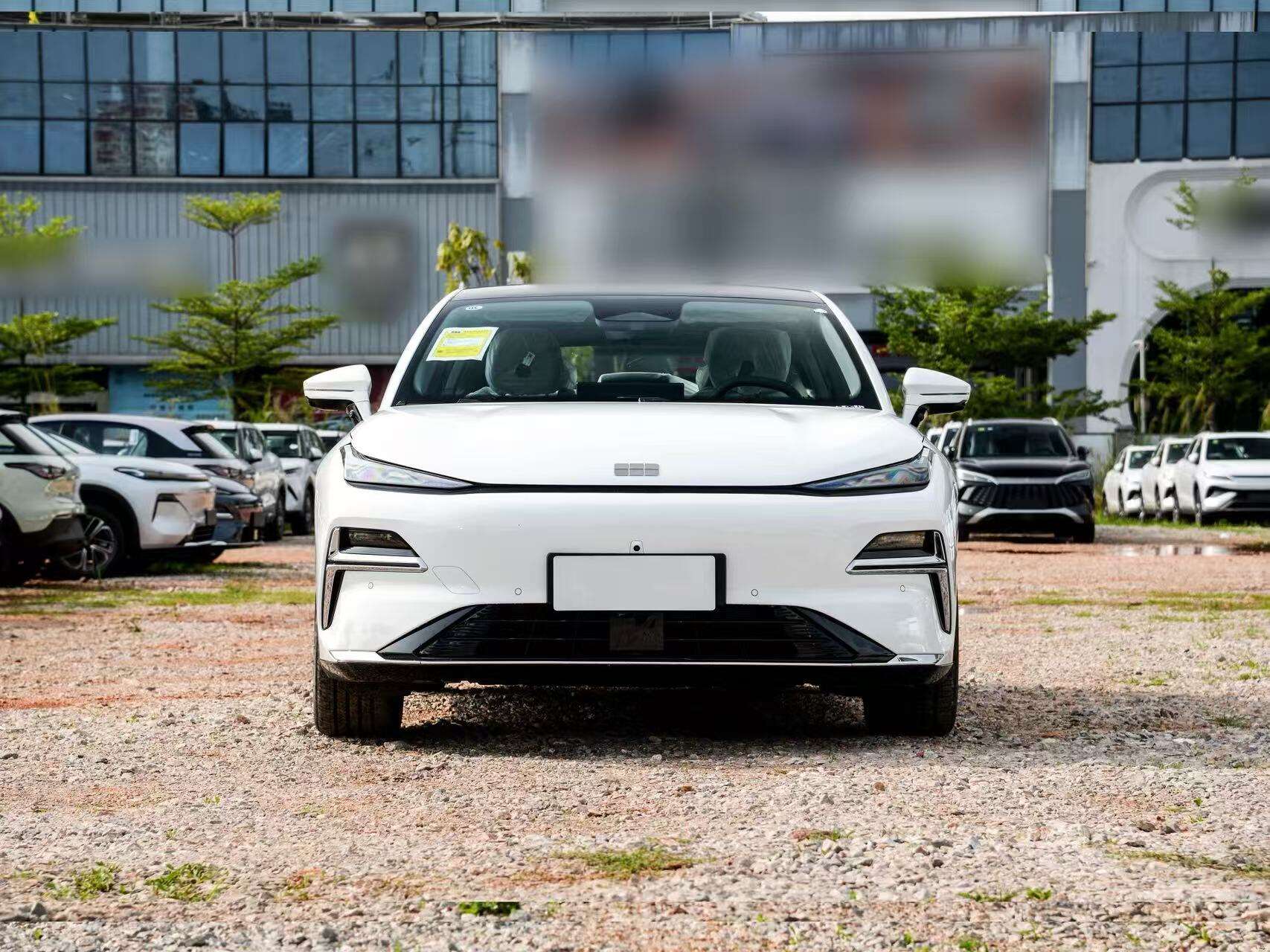fuelpowered vehicles types
Fuel-powered vehicles represent a diverse category of transportation solutions that operate on various types of combustible fuels. These vehicles primarily utilize internal combustion engines to convert chemical energy into mechanical power. The main types include gasoline-powered vehicles, diesel engines, natural gas vehicles, and hybrid systems. Gasoline vehicles remain the most common, featuring sophisticated fuel injection systems, electronic control units, and catalytic converters for emissions control. Diesel-powered vehicles excel in torque delivery and fuel efficiency, making them ideal for heavy-duty applications and long-distance transport. Natural gas vehicles offer a cleaner alternative, using compressed or liquefied natural gas as fuel. Modern fuel-powered vehicles incorporate advanced technologies such as turbocharging, direct injection, and variable valve timing to optimize performance and efficiency. These vehicles feature complex engine management systems that continuously monitor and adjust operating parameters to maintain optimal performance while meeting stringent emissions standards. The versatility of fuel-powered vehicles extends across various applications, from personal transportation to commercial logistics, construction equipment, and agricultural machinery. Recent technological advances have significantly improved fuel efficiency and reduced emissions through innovations in engine design, aerodynamics, and materials science.


